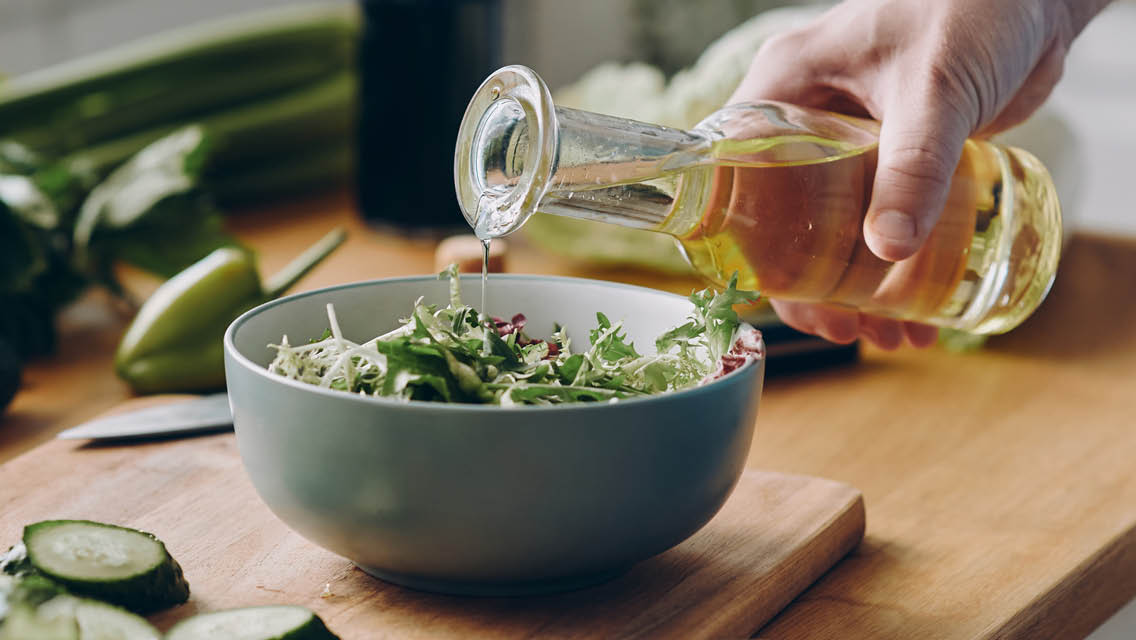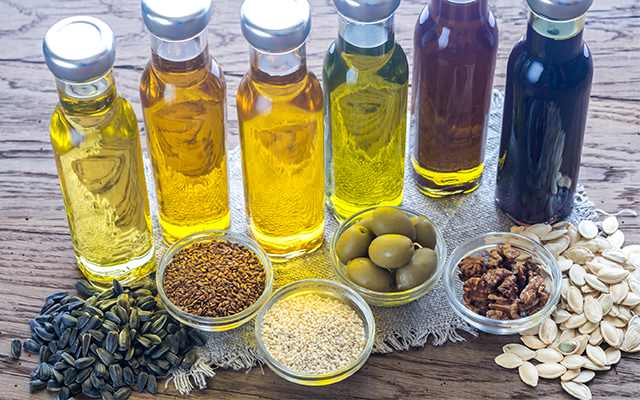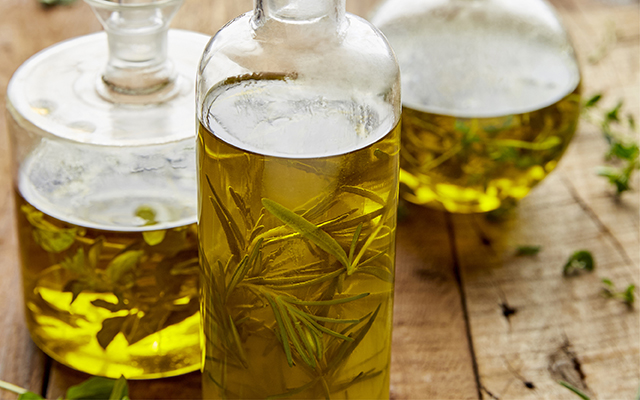Olive oil is one of the healthiest cooking oils, largely because it’s rich in monounsaturated fats and their anti-inflammatory and antioxidant properties. Unfortunately, it’s also a common target for food fraud, says Olmsted.
“Olive oil is easy to adulterate, and it’s difficult or impossible to test for authenticity,” explains David Dellanave, an olive-oil importer based in Minneapolis. The fake stuff is often diluted with cheaper oils, such as sunflower, canola, soybean, or hazelnut oil.
Finding Real Extra-Virgin Olive Oil
The best way to find the real deal is to learn from a trusted source what good olive oil tastes like. “If a retailer won’t let you taste test the oil, go somewhere else to buy it,” advises Dellanave. “The only reliable way to know that you’re getting olive oil is by knowing your source.”
Another option is to skip the imported stuff and look for the California Olive Oil Council seal. Olive growers in California, which produces approximately 99 percent of domestic olive oil, submit their product for chemical analysis and taste testing before getting the stamp of approval. (Get more EVOO tips at “How to Find Real Extra-Virgin Olive Oil.”)
Watch out for imposters among some of your favorite foods, and learn how to be sure you’re buying the real deal, by reading “How to Find Real Honey, Coffee, Extra-Virgin Olive Oil, Parmesan Cheese, and Maple Syrup,” from which this article was excerpted.




This Post Has 0 Comments